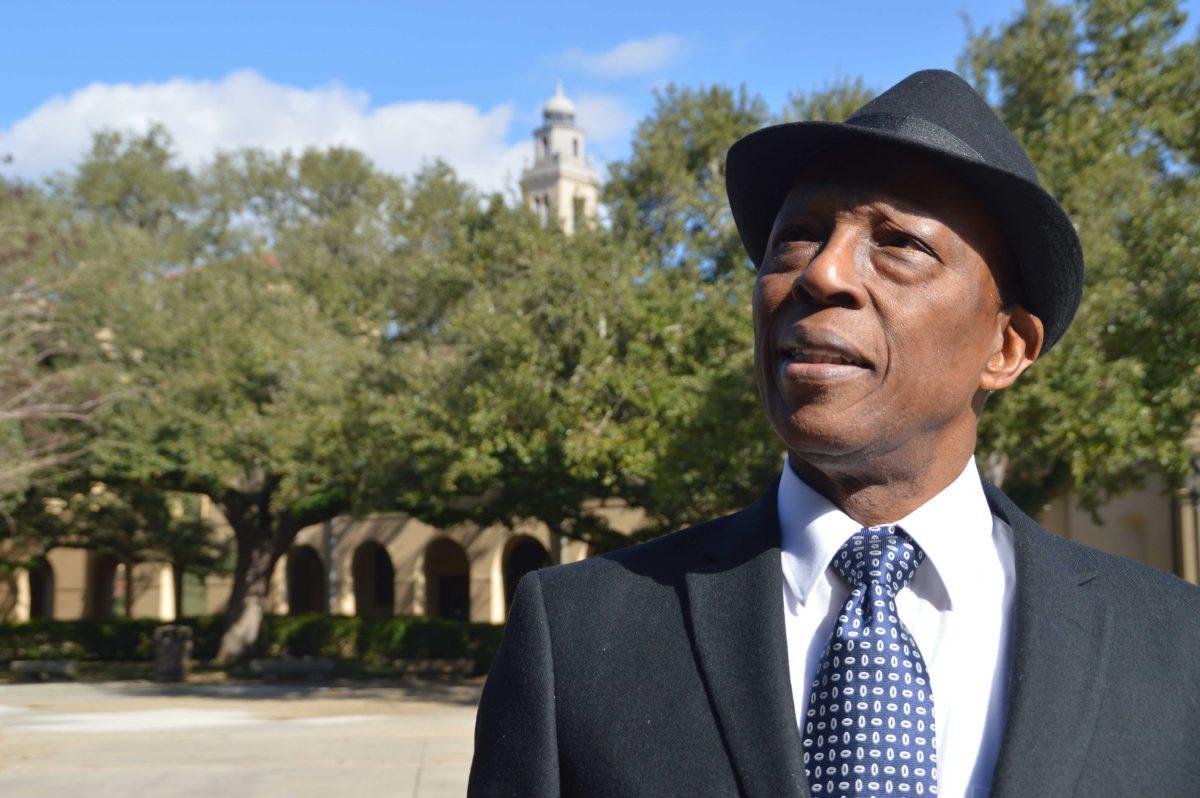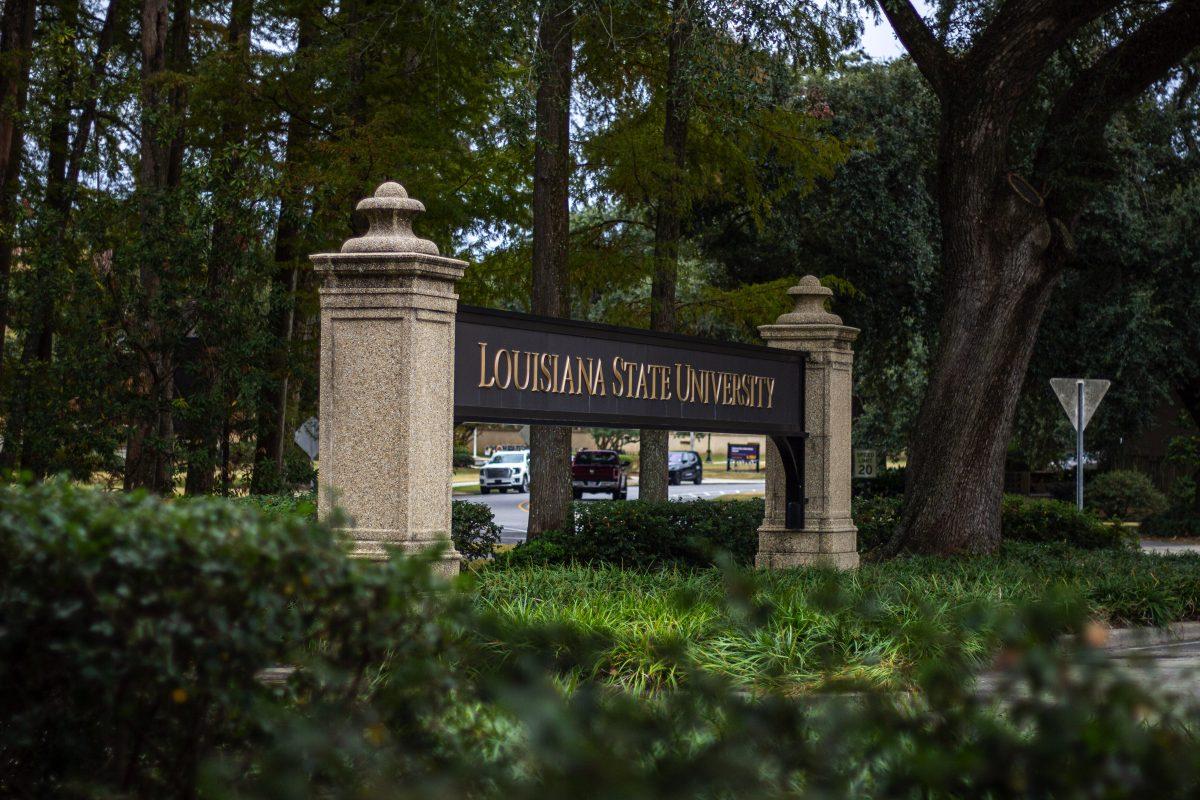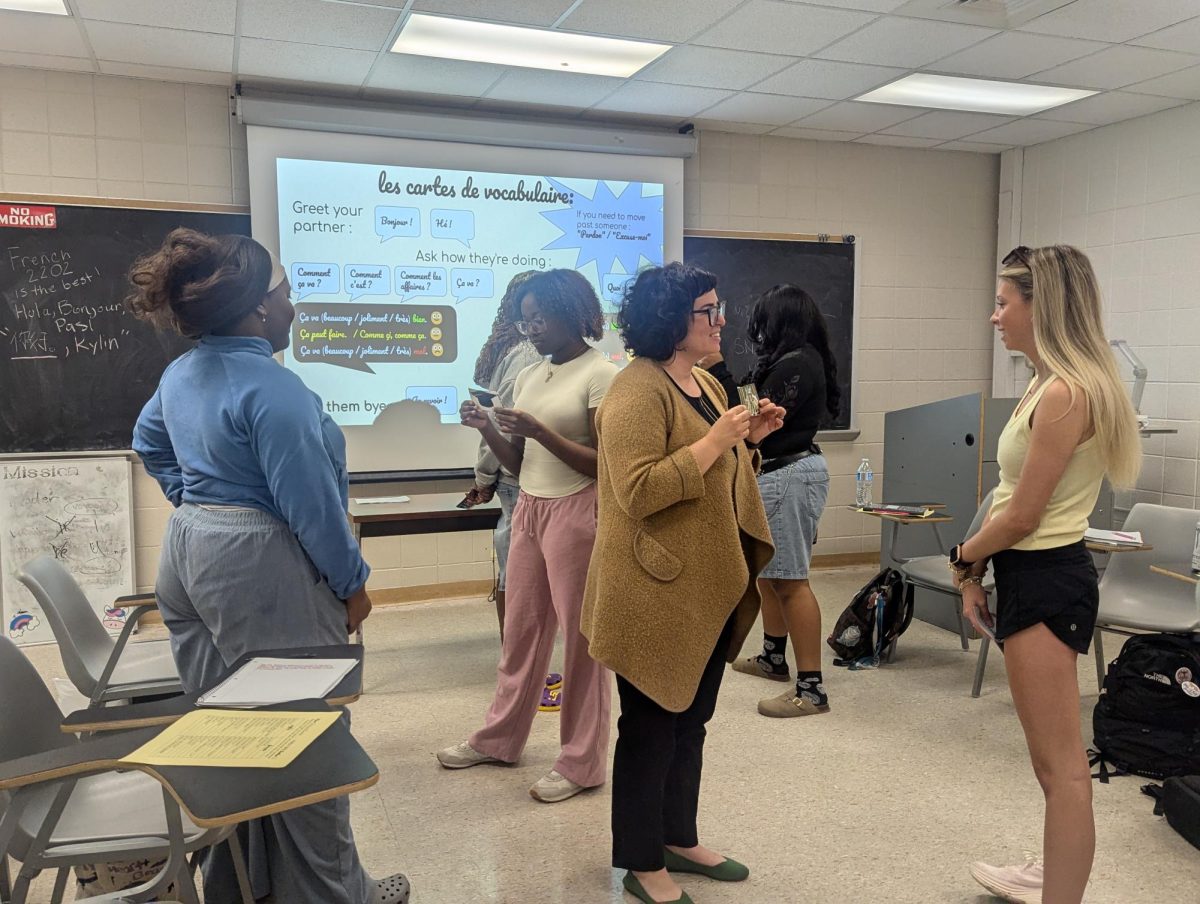The LSU Board of Supervisors promoted the African and African American Studies (AAAS) program to department status on Friday morning.
Previously, students could only minor in AAAS or make it a concentration of a liberal arts degree. At their last meeting, the board voted to allow students to pursue an independent AAAS degree. Now, as a department, AAAS will see its budget substantially increase, with more resources devoted to teaching, researching and recruiting students and faculty.
“If history has told us anything, the time for the kind of work that AAAS does in the study of African American politics, culture and life is most appropriate now,” Stephen Finley, former director of LSU’s AAAS program, said in the virtual meeting.
A decades-long movement at LSU to create an independent Black Studies department regained steam over the summer amid the resurgence of civil rights protest across the country. The cause was championed as early as the 1970s, when a Black student organization named Harambe (for the Swahili term meaning “let’s pull together”) advocated for more Black professors and more classes in African and African American history.
But the AAAS program would not be founded until 1994. Not long after, Thomas Durant, the program’s first director, funded a self-study of his program and invited William Nelson of Ohio State University to evaluate his program. Nelson wrote a 20-page report, recommending that the program become a department right away.
“Since its inception in 1994, [AAAS] has festered as a modest, underfunded, dependent academic unit struggling for the irreducible minimum resources it needs to remain viable,” Nelson wrote.
“In my view, [AAAS] is not only essential,” he wrote, “its potential impact is so great that it should be given priority attention in university budget decision-making.”
Durant and his successors brought the report to multiple deans of LSU’s College of Humanities and Social Sciences (HSS) but were unable to gain traction in their pursuit of a department. The deans all gave similar reasons for keeping it a program: not enough money, not enough interested students.
“Well, how can you get more majors and graduate more students with degrees when you don’t have any faculty, not an established budget and all the faculty are part-time faculty whose major allegiance is to other departments?” Durant asked The Reveille in July.
In June, the LSU Student Senate passed a resolution that called for AAAS to become a department. The student support, combined with a renewed civil rights movement, were enough to convince new HSS Dean Troy Blanchard to pursue a AAAS department, those around the program believed. With the help of Durant, Blanchard, Executive VP Stacia Haynie and professor Lori Martin, Finley drafted a proposal to present before the board.
“I think I’m more optimistic than at any time in the past, but I’m cautiously more optimistic,” Durant said in July. “Because I won’t believe it until I see that it is done.”
On Friday, Durant finally got his wish.









